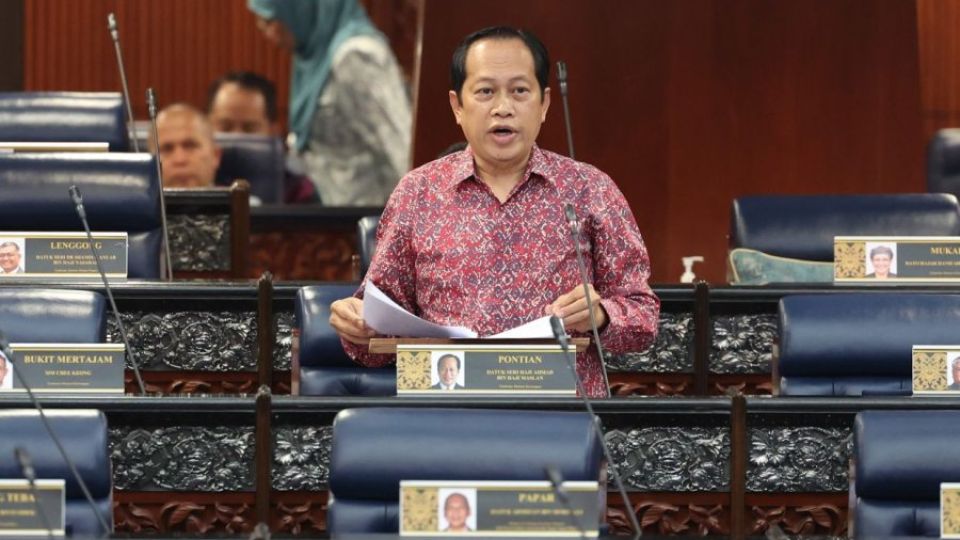March 31, 2023
KUALA LUMPUR – Malaysia’s taxation model is no longer sustainable as it generates lower revenues for the country, said Deputy Finance Minister Datuk Seri Ahmad Maslan.
He pointed out that for the past six years, Malaysia’s tax revenue has averaged 11.5% of the country’s gross domestic product (GDP).
Ahmad Maslan said this was significantly lower when compared to the United States, where its tax revenue was 25% of its GDP, and Japan (31.4%), while the United Kingdom’s tax revenue was 32.8% of its GDP.
He said that 38 countries in the Organisation for Economic Cooperation and Development (OECD), most of which are in Europe, had tax incomes that were more than 30% of their GDPs.
“I agree with Titiwangsa MP (Datuk Seri Johari Abdul Ghani) that our model is not sustainable.
“There will come a time where we can no longer continue with the (present) taxation model,” he said during Question Time in Parliament yesterday.
Johari had earlier asked Ahmad Maslan if Malaysia’s taxation model was sustainable.
The Titiwangsa MP pointed out that many countries in the Asean region had higher tax revenues compared to Malaysia.
According to Johari, Thailand has 14.1% of its GDP in tax revenue, the Philippines has 14%,, Singapore has 13% and Vietnam has 22.7%.
“Taking into account annual interest rates (on debts) and huge subsidies, I am afraid that if we do not look into our taxation model, the country’s debt will increase,” said Johari.
Ahmad Maslan said among the measures taken by Putrajaya to address the matter was the implementation of targeted subsidies on electricity this year, which saved about RM4bil for the government.
“Besides that, we will implement targeted subsidies for diesel and we will finalise the system by the second quarter of the year,” he said.
He also said the government plans to introduce the Fiscal Responsibility Act, which is set to stipulate that the country’s debt cannot be more than 65% of the GDP and debt servicing ratios must be less than 15% of the revenue, among others.


